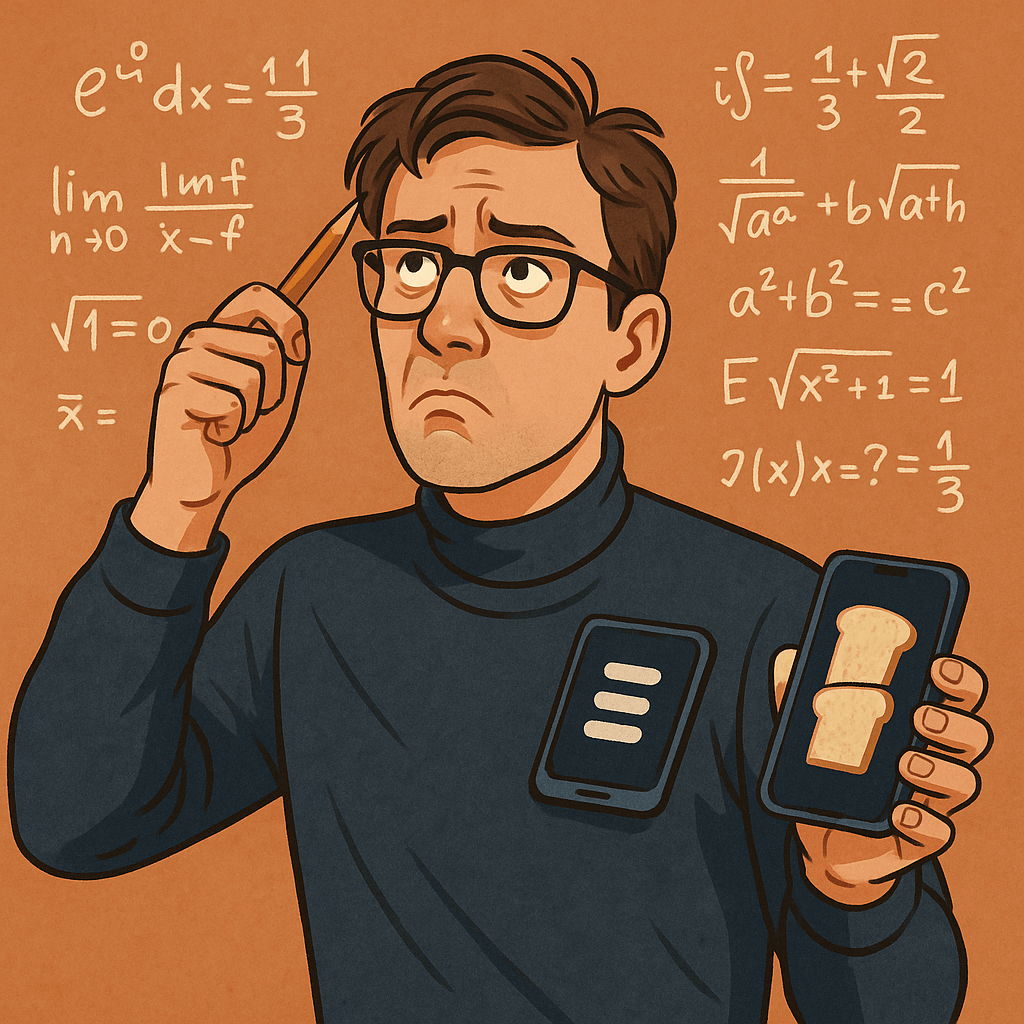I know quite a few intelligent people, and some very intelligent people. Doctors, engineers, lawyers, CFAs, scientists—this is the level I’m talking about. On top of that, I know a couple more who have excelled in fields such as marketing and construction.
The funny thing is, when I hang out with these friends, they say things and I often ask myself: “Are they joking?”, “They can’t be serious”, “Are they actually idiots?”, “Do smart people do stupid things?”.
Most of the time I ask these questions is when they’re talking about things outside of their professions. When talking about their professions, I am the idiot.
Is intelligence just a spotlight — bright in one area, pitch-black everywhere else?
Is their intelligence so narrow? Are they only smart in the part of their brain occupied by their work? Or is it that they only care about subjects related to their work that they don’t care about anything else? Or are they actually idiots who just happened to be good at one thing that is generally quite difficult?
I’ve also noticed that the more specialized or narrow the field, the worse it is. For example, the Chief Marketing Officer and Construction CEO have way more general smarts than the Specialist Surgeon. It feels like the people who have the less specialized education have the broader smarts.
Some of the smartest people I know don’t have degrees. Don’t get me wrong—this is not to insult them. They are all very functional, good human beings who I enjoy hanging out with… and not to mention, their large bank balances.
The Narrow Genius Problem
Psychologists call this domain-specific intelligence — the idea that brilliance in one area doesn’t necessarily spill over into others. In fact, it often does the opposite. The Dunning-Kruger effect suggests that the smarter someone is in one domain, the more likely they are to assume they’re competent in unrelated fields too. A surgeon might be able to rewire a human heart, but still believe crypto is “just Monopoly money with Wi-Fi.”
Being smart in one thing gives people the dangerous illusion they’re smart in everything.
Then there’s the overconfidence effect. It’s that psychological cocktail that makes experts think their intelligence has no boundaries. It’s why Nobel laureates have been known to invest in pyramid schemes, or why brilliant academics can’t work a coffee machine without filing for emotional damages.
Philosophically, Socrates warned us about this centuries ago when he said, “I know that I know nothing.” The irony is, the smartest people often forget that part. They confuse knowledge with wisdom—two entirely different currencies. Knowledge can get you a PhD. Wisdom stops you from replying to your ex at 2 a.m.

The Everyday Idiot
We all have moments of idiocy—just ask any scientist who’s ever locked themselves out of the lab. In a way, being smart just gives you the tools to make more complex mistakes. Instead of burning toast, you accidentally wipe your entire hard drive while “optimizing performance.”
Research from Cornell and Stanford found that highly intelligent people often overthink simple tasks, overanalyze decisions, and overestimate their ability to predict outcomes. In short: the more brainpower you have, the more creative your errors become.
The Political Paradox
We also love to call politicians idiots. Yet, to get to those positions, they must have at least some level of intelligence. They navigate systems, climb ladders, survive scandals, and still smile for the camera. Maybe the problem isn’t their intelligence, but our perception of it. Maybe we just don’t understand the game they’re playing — or worse, we do, and it’s terrifying.
Philosopher Bertrand Russell once said, “The fundamental cause of the trouble in the modern world is that the stupid are cocksure while the intelligent are full of doubt.” Maybe that’s why the world looks the way it does — the confident idiots rise while the doubtful geniuses hesitate.
The Psychology of Self-Doubt
Maybe my self-confidence drops when I’m around them, and it’s just a defense mechanism. Or maybe I’m wrong, and actually, I am the biggest idiot of all — and that’s exactly what they think of me.
Smart people don’t avoid stupidity — they just make more sophisticated versions of it.
But maybe being aware of your idiocy is the real sign of intelligence. In philosophy, that’s called intellectual humility — the ability to recognize that your knowledge is limited. It’s the one trait that allows you to keep learning, instead of assuming you already know everything.
Bonus: Are You a Smart Idiot?
Take this 100% accurate, peer-reviewed, totally legitimate quiz to find out.
1. You’ve been given a flat-pack IKEA shelf. Your first move is:
a) Read the instructions in full before starting.
b) Watch a YouTube tutorial for “advanced shelving hacks.”
c) Guess where the screws go, get halfway through, and call it “custom design.”
2. A friend asks you to explain blockchain. You:
a) Give a concise, accurate explanation.
b) Begin talking confidently, then realise halfway you’re actually describing PayPal.
c) Say, “It’s complicated” and change the subject to sandwiches.
3. Your smoke alarm starts beeping at 2 a.m. You:
a) Replace the battery calmly and go back to bed.
b) Remove the alarm entirely and promise to “deal with it tomorrow.”
c) Google “Is beeping a sign of ghosts?”
4. At the airport check-in, you realise your bag is overweight. You:
a) Reshuffle items into your carry-on.
b) Wear 14 layers of clothing to avoid the fee.
c) Argue with the scale about its accuracy.
5. Someone tells you aluminium foil can’t go in the microwave. You:
a) Already knew that.
b) Pretend you already knew that.
c) Learned it the hard way, and now own a slightly smaller microwave.
Mostly A’s: Congratulations — you’re probably not a smart idiot. Or you’re lying to yourself, which is also smart in its own way.
Mostly B’s: You are a part-time smart idiot. You function well but occasionally make decisions that future-you will mock relentlessly.
Mostly C’s: You are a full-time, card-carrying smart idiot. Welcome to the club — membership is 8 billion and growing.

Global Smart Idiot Distribution
These percentages are just for fun, but we all know this could be true.
- 40% – Functional but Frequently Wrong: Knows how to do their job, but will confidently tell you Mount Everest is in Switzerland.
- 25% – Specialized Brilliance, General Chaos: Can perform heart surgery but cannot for the life of them figure out online banking.
- 20% – Overconfident Average Joe: Watched two documentaries and is now an expert in geopolitics and nutrition.
- 10% – Low-Key Genius Who Hides It Well: Smarter than everyone else but prefers to let others embarrass themselves first.
- 5% – Legendary Smart Idiot: The rare unicorn who can invent something groundbreaking *and* accidentally set their hair on fire.
Fun Fact: Statistically, there’s a 100% chance that you think you belong in the “Low-Key Genius” group. That’s exactly what the “Overconfident Average Joe” group thinks too.
So maybe the world isn’t split between smart and stupid people — maybe it’s just one big club of overconfident idiots trying to act like geniuses. Welcome aboard.





